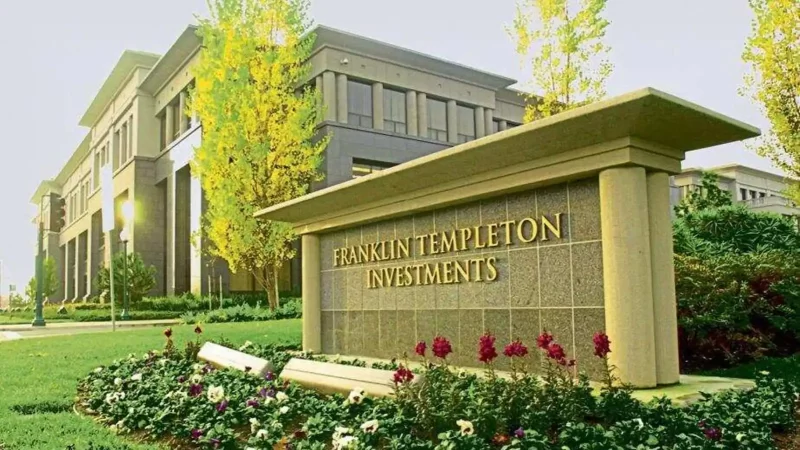Global investment firm Franklin Templeton has introduced a tokenized U.S. dollar money-market fund tailored for the Hong Kong market. Built on the company’s proprietary Benji blockchain infrastructure, the fund aims to merge the liquidity and efficiency of digital assets with the stability of traditional short-term institutional cash management.
A Blockchain Twist on Money-Market Funds
Unlike conventional money-market funds that depend on daily settlements and traditional share registries, this tokenized version allows wallet-to-wallet transfers, intraday yield calculations, and the potential use of shares as programmable collateral. According to Franklin Templeton, this structure is designed to address long-standing challenges in traditional MMFs, such as settlement delays, limited transferability, and the difficulty of integrating with on-chain cash flows.
Hong Kong plays a strategic role in this rollout. With its regulatory landscape evolving to support tokenization and real-world asset (RWA) initiatives, the city offers fertile ground for innovation. Franklin Templeton’s fund leverages the Benji Technology Platform—a blockchain-integrated system that enables the issuance, transfer, and recording of tokenized fund shares directly on-chain.
Expanding Access to Tokenized Investments
Franklin Templeton has previously launched tokenized MMFs, including U.S.-based and Luxembourg UCITS products. However, this latest offering is among the first tokenized USD MMFs designed for retail investors in Asia. Key features include:
- Fractional share ownership for broader accessibility
- Real-time settlement capabilities
- The option to use tokenized shares for liquidity management, collateral, or payment operations
By bridging traditional asset management with blockchain technology, Franklin Templeton aims to modernize how investors access and use cash-equivalent products.
The Broader Impact on Asset Management
This move highlights the growing convergence between conventional finance and blockchain infrastructure. If successful, Franklin Templeton’s Hong Kong fund could accelerate the adoption of tokenized assets in Asia, challenging legacy fund distribution and cash management models. Industry experts emphasize that regulatory clarity across Hong Kong and the broader region will be essential for growth.
From a market perspective, tokenized funds promise faster settlement, improved liquidity, and greater compatibility with decentralized finance-style systems. Nevertheless, challenges such as regulatory oversight, investor education, and the robustness of digital custody solutions will shape the pace of adoption.
Ultimately, Franklin Templeton’s initiative may signal a broader transformation—where traditional cash instruments evolve into on-chain, programmable assets. For Hong Kong investors, this represents not only greater flexibility and efficiency but also a new layer of technological and regulatory considerations.
